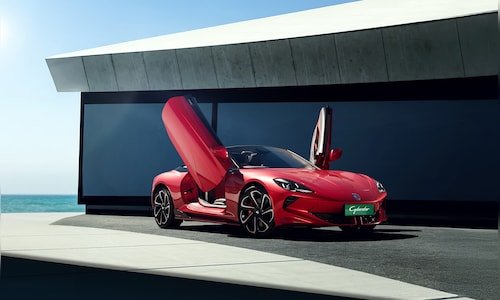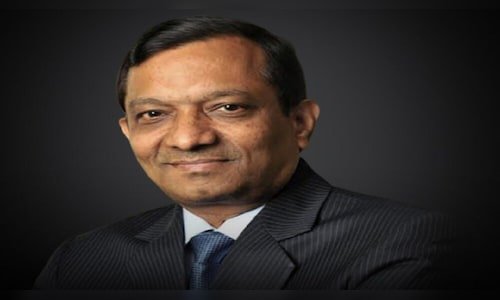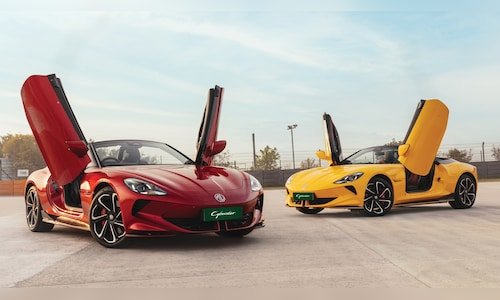India’s EV push hinges on ‘three Ps’: product, proportion, and pricing, says JSW MG Motor’s Rajeev Chaba

Strong EV Growth Expected but at a Measured Pace
The EV industry is poised for robust growth, but not at an explosive rate. Chaba noted, “Some people expected it to double, which it hasn’t—but 50% is still very good growth.” The sector is projected to maintain a double-digit growth rate, though supply chain and market constraints suggest a more measured acceleration.Short-Term Pain but Long-Term Gain for India’s Auto Industry
Chaba acknowledged the challenges posed by supply disruptions, saying, “In the short term… we may face some problems. But if we handle this issue from a long-term perspective, then definitely, as a country and as an industry, we are going to be in a stronger position.”
Focus on Affordable, Compact EVs to Drive Wider Adoption
Affordability remains a major hurdle. Anindya Deb, Professor at IISc, emphasised, “We must also focus on affordable, compact four-wheelers—which are currently lacking—and that gap is holding back wider EV adoption.” He added that India could see rapid uptake if manufacturers succeed in bringing costs down, pointing to China as an example where EVs are now cheaper than ICE vehicles.
Support Needed for Indigenous Innovation and Motor Technologies
Deb also highlighted the importance of supporting startups and local innovation, particularly in alternative motor technologies like switched and synchronous reluctance motors that don’t require rare earth materials. “These technologies need to be nurtured, tested, and trialled in actual vehicles. Startups must be supported… investors and others also need to rise to the occasion,” he said.
Given global supply chain risks, particularly with rare earth magnets, panelists stressed that fostering these homegrown technologies is not just about R&D—it’s critical for long-term resilience. “Economic factors and profitability tend to drive most industrial decisions,” Deb warned, “but we must invest in indigenous technologies for a sustainable future.”
As India races towards its 2030 goal for EV adoption, panelists agreed that collaboration across government, established OEMs, and startups—powered by smart product strategies and technology innovation—will be crucial to achieve the country’s electrified future.
Watch accompanying video for entire conversation.
Discover more from News Hub
Subscribe to get the latest posts sent to your email.







